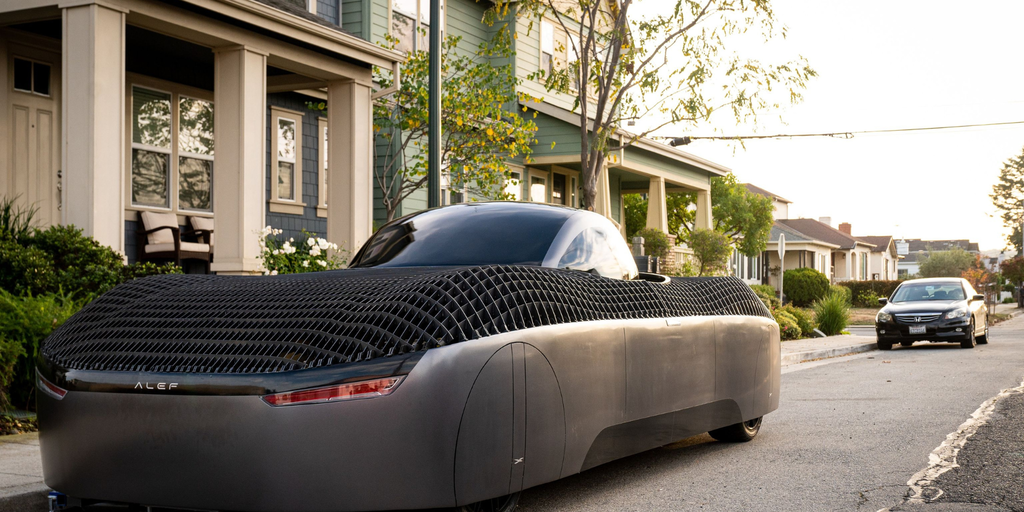Science fiction has foretold of a future where flying cars fill the sky. Now legislation known as “The Jetsons Law”—named after the iconic animated series—takes effect on Thursday in Minnesota. The pair of bills, which applies to “roadable aircraft,” were signed into law in May.
While Minnesota and New Hampshire are ready for flying cars, according to a report by Newsweek, California has yet to issue direct approval for the futurist vehicles, despite being home to a growing number of flying car developers. These include San Mateo-based Alef Aeronautics and Silicon Valley-based Aska, Even so, Alef Aeronautics President and CEO Jim Dukhovny is optimistic that it is only a matter of time.
“I think we’re close to regulation at the federal level,” Dukhovny told Decrypt. “A healthy market competition between states and countries is good for the industry also. Governments are starting to realize the economic and environmental advantages of flying cars.”
The Minnesota law is based on a New Hampshire bill, House Bill 1182, that was approved in 2020 and gave private citizens the right to own flying cars. While the Minnesota law does allow for the ownership of flying cars, the legislation notes that taking off and landing on public roads would be prohibited.
Co-founded by Dukhovny in 2015, Alef Aeronautics designs hybrid ground and air vehicles that are designed to drive on roads and take off and land vertically. According to Dukhovny, Alef was inspired by movies like Back to the Future, BladeRunner, and The 5th Element.
According to Dukhovny, the company’s challenges in designing the Alef flying car included considering how much it should weigh to be able to take off and land safely and how much it would cost to build. Investors in Alef Aeronautics include prominent venture capitalist and Bitcoin proponent Tim Draper.
“In nine years of Alef, we got pretty good at all of the above and learned a lot about how these optimizations work,” Dukhovny said.
The concept of the flying car dates back to 1917 and the Curtiss Autoplane, which came with a wingspan of 40 feet. In June, the U.S. Federal Aviation Administration (FAA) issued a Special Airworthiness Certificate to Alef Aeronautics for its’ Armada Model A flying car. According to the Alef Aeronautics website, an Armada Model A will sell for $299,999, with pre-orders currently being accepted.
While only two states have officially approved flying cars, the number of companies building roadable aircraft continues to grow, and includes Oregon-based Samson Sky, Santa Cruz, Calif.-based Joby Aviation, and San Jose, Calif.-based Archer Aviation.
To those who question why flying cars are necessary, Dukhovny said it’s all about time.
“At the individual level, you waste about a week every year in traffic,” he said. “This means less seeing your loved ones, less sleeping, and less doing something useful.”
Another factor hurting the adoption of flying cars, Dukhovny noted, is that electric vehicles (EVs) are still not ubiquitous because some consumers feel the value proposition of EVs is less than regular cars.
“Flying cars offer green transportation with a better value proposition than a regular car,” Dukjovny said. “At a state level, the economic impact of traffic is billions of dollars—think about how this money can be used for other good programs.”
In addition to the state laws, Dukhovny noted that the New Hampshire and Minnesota laws do not make drastic changes to road or aviation regulations.
“These laws don’t say anything new,” he said. “They simply say: on the ground, all car laws matter; in the air, all aviation laws matter.”
Edited by Ryan Ozawa.
Generally Intelligent Newsletter
A weekly AI journey narrated by Gen, a generative AI model.
Source: https://decrypt.co/242283/flying-car-jetsons-law-minnesota-alef-aeronautics


